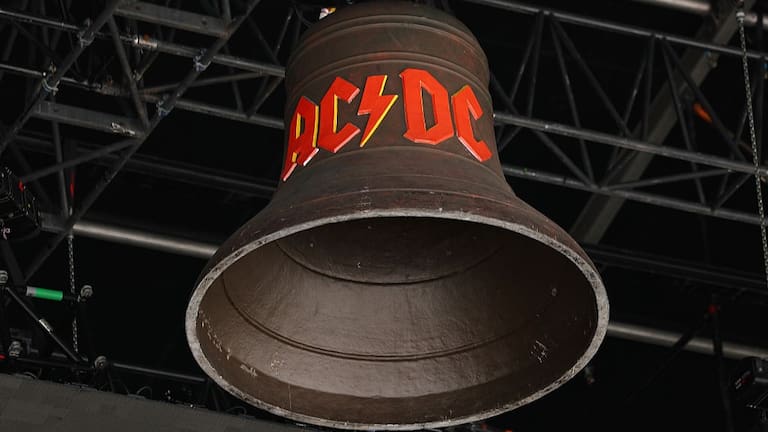Avoid your new devices dropping dead this summer by making sure you’re getting the right the battery for the job in the first place.
Battery marketing can be confusing, promising to be anything from ‘Long Lasting’ to ‘Extra Heavy Duty’ but the most important thing to consider is what the battery is made from and what kind of device it will be used in.
There are three main types of disposable batteries.
Alkaline
It's become the go-to battery because they're affordable and can handle all sorts of everyday items like toys, basic torches, wireless mouse and keyboards, and baby monitors. When not in use, an alkaline can last up to ten years on the shelf.
Carbon zinc
Often referred to as ‘heavy duty’, these are for things that don't need a lot of power to get by, including clocks, calculators, alarm systems and radios. Carbon Zincs have the shortest shelf life, just three to five years and although they're usually the cheapest, some online reviewers say you're wasting your time and just go with alkaline.
Lithium (Iron Disulfide)
These are batteries that deliver a constant high voltage which is great for feeding power hungry devices like cameras, shavers, GPS, and video game controllers. They hold their power for about 20 years, don’t lose as much when not in use and can cope with extreme temperatures. But they're two to three times more expensive.
Fair Go compared these three types and a range of brands to see which would last the longest in a motorised toy train.
In an unscientifically controlled test, It selected four different brands of alkaline triple As to use in brand new Thomas & Friends motorised trains. The manufacturer Fisher-Price also recommends using alkaline. Several brands also have premium options, but the programme chose ones that can be found easily instore. The batteries came in packs of four:
Panasonic Alkaline - $10.50
Energizer Max - $10.00
Eveready Gold Alkaline - $7.00
Phillips Alkaline - $2.25
To begin with, the Philips and Panasonic-powered trains raced round their tracks. Fair Go recorded lap times every hour and for the first couple, they were nearly a second faster than the others.
But by the fifth hour, Phillips seemed to be burning out, becoming the second slowest train behind Eveready, which did an eight second lap at the very start, but settled into 11 second laps over the course of the next few hours.
The first ‘breakdown’ happened after 10 hours and five minutes, with the Philips-powered train coming to a stop, and Eveready followed suit 36 minutes later.
The other two kept chugging on for another three hours, although the lap times got considerably slower, with both trains taking nearly 16 seconds to do a lap in their final hour. Panasonic clocked out at 13 hours and 34 minutes while Energizer Max pushed on for one more minute.
Philips told Fair Go it has four levels of alkaline and testing its 'Ultra' battery would have been a fairer comparison.
Fair Go also looked at how differently the carbon zinc and lithium battery types would perform in the trains.
Eveready's Super Heavy Duty and Panasonic's Extra Heavy trains failed after just five hours.
But Fair Go was surprised to see Energizer’s ‘Ultimate Lithium’, the so-called 'longest lasting battery in the world' stopping at 11 hours and 38 minutes, two hours less than the top alkaline performers from the previous test.
But battery specialist Peter Simpson of Simpower explains that's because Lithium is made to put out peak performance and nothing less, “whereas an alkaline or a carbon zinc cell, there's more of a curve, it'll do the same thing but it curves and it will get slower and slower and slower but it might keep going,” he explains.
This is helpful to keep in mind when wanting a certain sound from an amplifier or brightness from a torch.
“A lithium battery is going to make sure your torch is brighter for longer, it's going to stay much much brighter for a longer period of time. Whereas an alkaline cell, you're going to get a good performance, but it will taper off and it will get dimmer and dimmer."
Fair Go also looked at the price it paid for the batteries versus the time the batteries ran for, which gave a whole new set of results.

The Philips Alkaline was the cheapest four pack by far at $2.24, so considering it ran for 10 hours and five minutes, it was delivering four and a half hours of power for a single dollar.
None of the others came near that - ranging from one and a half hours to 24 minutes.


















SHARE ME